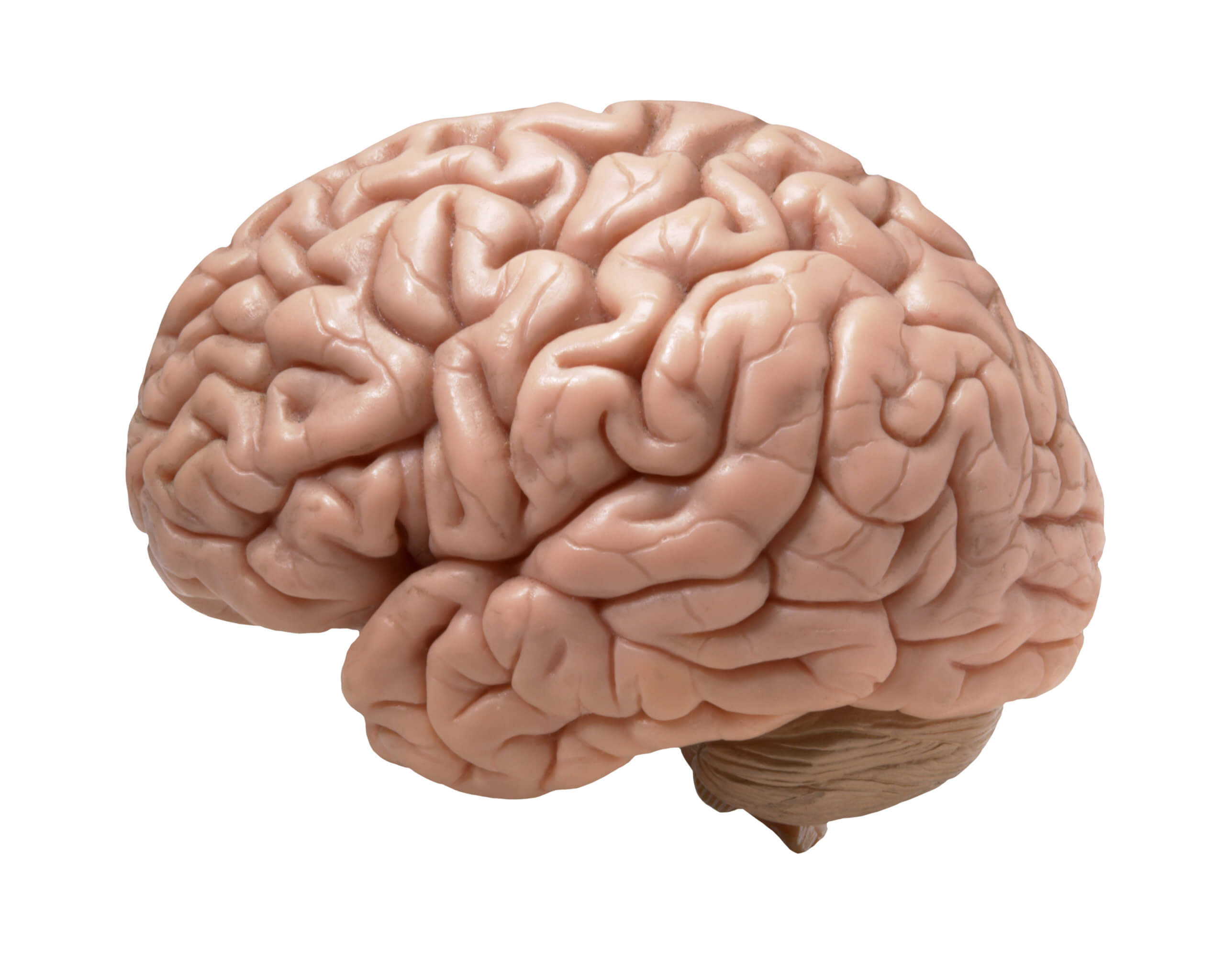Alcohol use disorder can result in many negative and lifelong side effects, one of the most devastating is known commonly as “Wet Brain.” The name was coined due to the syndrome being most prevalent among those suffering from years of drinking and “drowning” the brain. So, what is wet brain in alcoholics?
What is Wet Brain in Alcoholics?
Wernicke-Korsakoff Syndrome, also known as Korsakoff’s Psychosis or “wet brain” is an uncommon, yet completely devastating medical condition often brought on by an alcohol use disorder. The syndrome is directly caused by a deficiency in vitamin B1, a vitamin not naturally occurring in the body and must be absorbed through food. Without sufficient vitamin B1 in the body, damage to the lower portion of the brain (specifically the thalamus and hypothalamus) can occur permanently. This significantly impacts memory functionality, causing potential permanent memory loss and can lead to death if left untreated.
Who is Affected by Wet Brain?
Wet brain is a syndrome experienced by people who have a deficiency in thiamine, more commonly referred to as Vitamin B1. Vitamin B1 must be absorbed through nutrients in the digestive system. Those with a poor diet and a damaged digestive system struggle to absorb a sufficient amount of this vital nutrient. Long-term and heavy alcohol misuse often coupled with a poor diet causes damage to the digestive system and an inability to properly absorb nutrients. Chronic vomiting, as is common with an alcohol use disorder, can also contribute to the deficiency in Vitamin B1. According to the National Institute on Alcohol Abuse and Alcoholism, 80% of people with severe alcohol use disorder become thiamine deficient to some degree, increasing their risk of developing wet brainsignificantly.
Warning Signs
Wet Brain is often and easily mistaken for other medical conditions as it is not very common and its symptoms overlap with a variety of other disorders, making it particularly dangerous if not properly diagnosed. A key indicator of wet brain is the sudden onset of symptoms and their arrival in two different stages.
Stage one is known as Wernicke’s encephalopathy. This stage can be reversible if it is caught early on and immediate care is administered. Symptoms of stage one include:
- Loss of muscle coordination
- Staggering
- Double vision
- Drooping Eyelid
- irregular eye movements
- Leg tremors
- Loss of muscles coordination
- A sudden decrease in mental ability
- Coma
Stage Two, called Korsakoff’s Psychosis, is a more severe and less reversible stage. This stage is a form of dementia and is characterized by the following symptoms:
- Memory loss
- Fabrication of events
- Lack of short-term memory
- Hallucinations (both auditory and visual)
If you are experiencing these symptoms, it is imperative to seek treatment for alcohol use disorder immediately to prevent the worsening of symptoms and to attempt to reverse their effects. Be sure to mention all symptoms to a treatment center to receive the best care possible and be monitored closely.
Treatment of Wet Brain
Treatment of wet brain must be immediate, as waiting could cause irreversible damage and be fatal. The treatment functions to control symptoms and prevent progression. Typically, the treatment protocol begins with vitamin B1 injections to boost the body’s thiamine levels and bring restoration to the damaged portions of the brain, if possible. In addition to the vitamin B1 injections, dietary changes make up a significant portion of the treatment plan to further increase proper thiamine levels. During treatment, there is a strict ban on the consumption of alcohol, as it only worsens the condition.
Stage one can be reversible if caught early on and immediate care is administered. However 80-90% of those who experience the first stage enter phase two, as it is difficult to diagnose. Stage two, Korsakoff’s Psychosis, is only partially reversible with aggressive and immediate treatment. It can cause lasting brain damage, disrupt muscle coordination, impair memory, and cause hallucinations.
A Rare Diagnosis
Wet Brain is a very rare diagnosis, as approximately only about 1-2% of the U.S. population suffers from it. Approximately 2-14% of Americans with a severe alcohol use disorder have experienced at least one stage. It is much more common among alcoholics as the condition is a result of poor nutrition and a lack of vitamin B1. Heavy drinking and extended periods of frequent vomiting can damage digestive systems, leading to increased difficulty in the body’s ability to absorb nutrients. Vitamin B1 is not natural to the body, it must be absorbed through food such as poultry, whole grains, nuts, and beans. Other diseases such as HIV/AIDS, cancer, heart failure, and dialysis, which are also more common among those with severe alcohol use disorder, can themselves cause further vitamin B1 deficiency.
Alcohol Rehab in Boulder, CO
In order to seek treatment for wet brain, you must be sober for a proper “wet brain” diagnosis, as the symptoms are congruent with alcohol withdrawal symptoms. For example, someone going through alcohol withdrawal may also experience tremors and mental instability. If you think you might be experiencing wet brain, it is imperative to seek treatment for both alcohol addiction and the syndrome while reversal is still possible. Contact Continuum Recovery Center to be evaluated by our expert team and receive the care you need.



